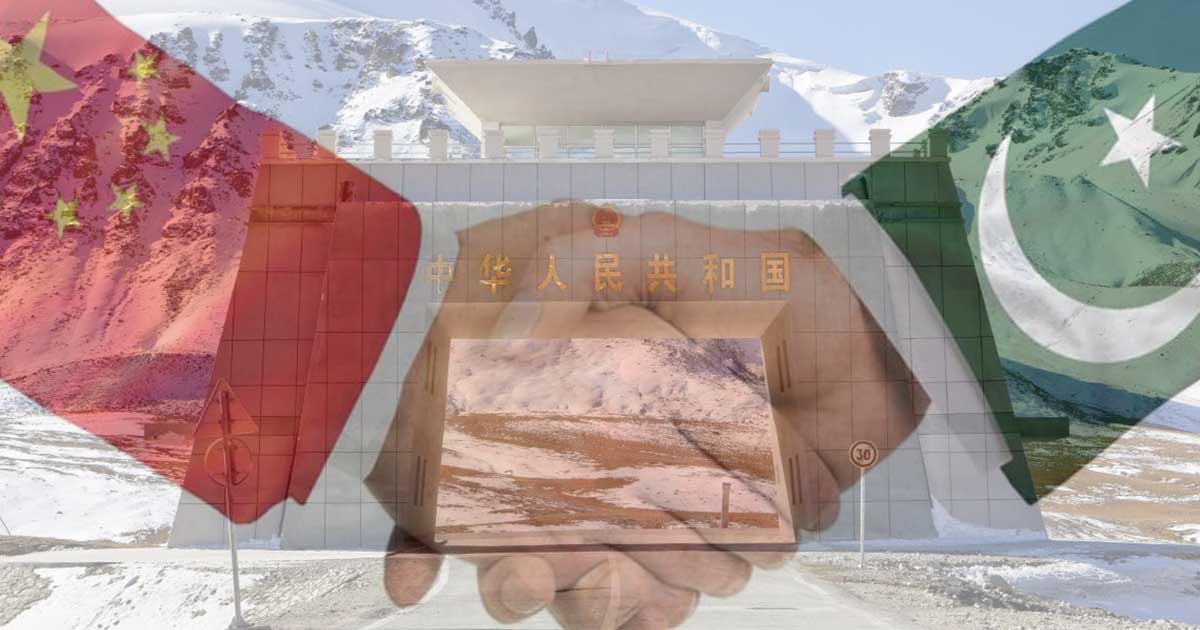
Pakistan And China Trial Parks In
CPEC is going to boost up the.The swiftness of the Taliban’s takeover of the country surprised even the most seasoned observers of and commentators on Afghanistan. China and Pakistan have best political relations. China-Pakistan Economic Corridor (CPEC) is blessing for Pakistan and China. 69 The federal government proposed industrial parks in all four. 68 In keeping with the rhetorical commitment to a whole-of-Pakistan CPEC narrative, these SEZs initially were spread across the country more widely than those first adopted in 2012. At the 2016 JCC meeting, Pakistan (under the PML-N government) and China agreed to nine new SEZs.
Not known to share power, it is unclear whether the Taliban have learnt this important lesson in governing Afghanistan.As part of a broader offensive against India and Western rivals, Pakistan and China have entered a secret three-year agreement to expand potential bio-warfare capabilities, including several research projects related to the deadly agent anthrax, the Klaxon reported. A successful, stable long-term government will require accommodation, responsiveness to change and political consensus rather than force or the threat of force alone. But questions around the reach, legitimacy and coherence of a forthcoming centralised Taliban-led state and its capacity to accommodate and work with opponents, local and regional leaders and those with differing ideologies and interests are perhaps the most pressing. Indeed, pockets of resistance persist including forces in the Panjshir Valley which continue to resist the Taliban advance.
They have moved quickly to dispel mounting international concerns relating to gender and minority rights, foreign relations, regional security, and the lucrative narcotics trade in Afghanistan through recent press and media engagements. Afghanistan will require outside help and the Taliban have acknowledged this need. Rebuilding a post-war Afghanistan also poses gargantuan challenges which the Taliban appear ill-equipped and inexperienced to deal with having spent some two decades fighting from the shadows. The Zoji La mountain pass in the Ladakh region of India. Tensions with China and Pakistan stretch a cash-starved military, while the fall of Afghanistan to the Taliban removes a potential ally.
But Pakistan and China have been notable exceptions.A triumphant Taliban poses a diplomatic conundrum for New Delhi. Diplomatic conundrum for New Delhi Pakistan and China see opportunityUnsurprisingly, most nations have refrained from advancing a clear diplomatic position or commitment towards the Taliban. As the future shape of the Islamic Emirate of Afghanistan appears altogether uncertain, it is not what the Taliban say before an international audience that matters, but rather what they do once the world moves on from Afghanistan which will signal the group’s true intentions.The fall of Kabul presents the challenge of an emboldened Pakistan in the region and anxieties over the fate of its investment projects in Afghanistan and the global resurgence of militant Islamism and extremism. The threat of the genocide of minorities, the politicide of opponents and the mistreatment of women in Afghanistan remain omnipresent. That the Taliban have reformed in any meaningful sense is yet to be seen. But these assurances offer little insight into concrete aspects of governance.


For a Taliban striving for international recognition, the political and economic incentives of working with China are all too clear. Afghanistan also presents considerable economic opportunities for China from accessing lucrative mining resources to possible integration into the Belt and Road Initiative. But the Taliban’s capacity and political will to deliver on this issue remain to be seen. China fears threat to security interestsThe Chinese have shown concerns over the containment of the East Turkestan Islamic Movement and the threat this group poses to Beijing’s security interests in China’s restive Xinjiang province. But in July, Pakistan’s top military commanders warned the country’s parliamentarians in a confidential meeting that the Afghan and Pakistani Taliban were effectively “two faces of the same coin”.There has also been considerable speculation of Pakistan’s role in facilitating a stable Afghanistan conducive to Chinese investment and economic engagement. Pakistan and China both hope that the Taliban will supress Islamist groups which threaten the two country’s security interests and sovereignty.

The Chinese have therefore promised little beyond showing a willingness to diplomatically engage with a compliant Taliban.all three countries share a common denominator in seeing a stable, inclusive Afghanistan and preventing the large-scale spill over of religious violence into their respective territories.India, Pakistan and China view Afghanistan through their own lenses. China has also learnt from its time in Pakistan that militant groups, political instability and corruption present formidable challenges towards materialising economic goals. The failure of the US venture reconfirms Afghanistan’s resistance and suspicion of foreign involvement. Investing in Afghanistan, moreover, poses enormous risks.
But the real imponderable is whether the Taliban will play ball. Here, perhaps, there is some common ground for future cooperation which also serves in the interest of the Afghan people.


 0 kommentar(er)
0 kommentar(er)
